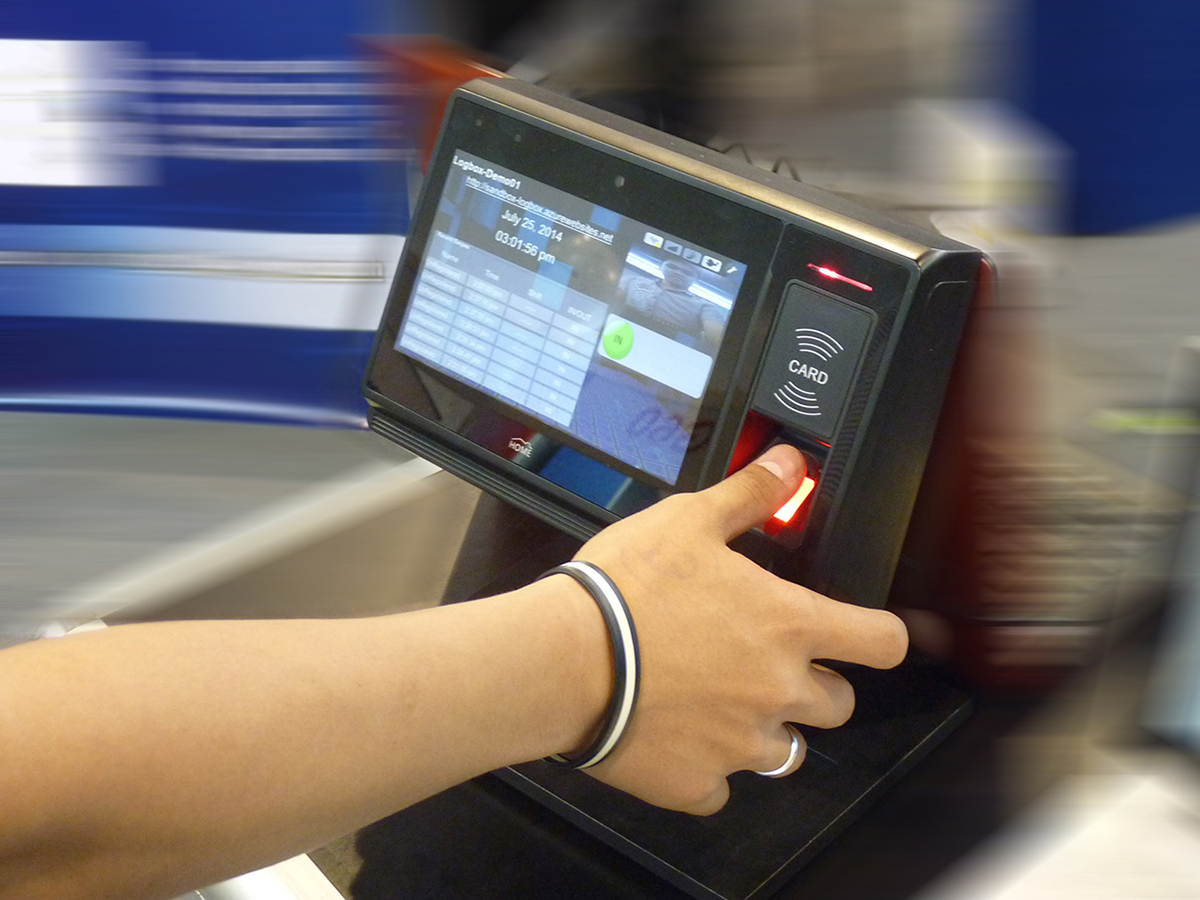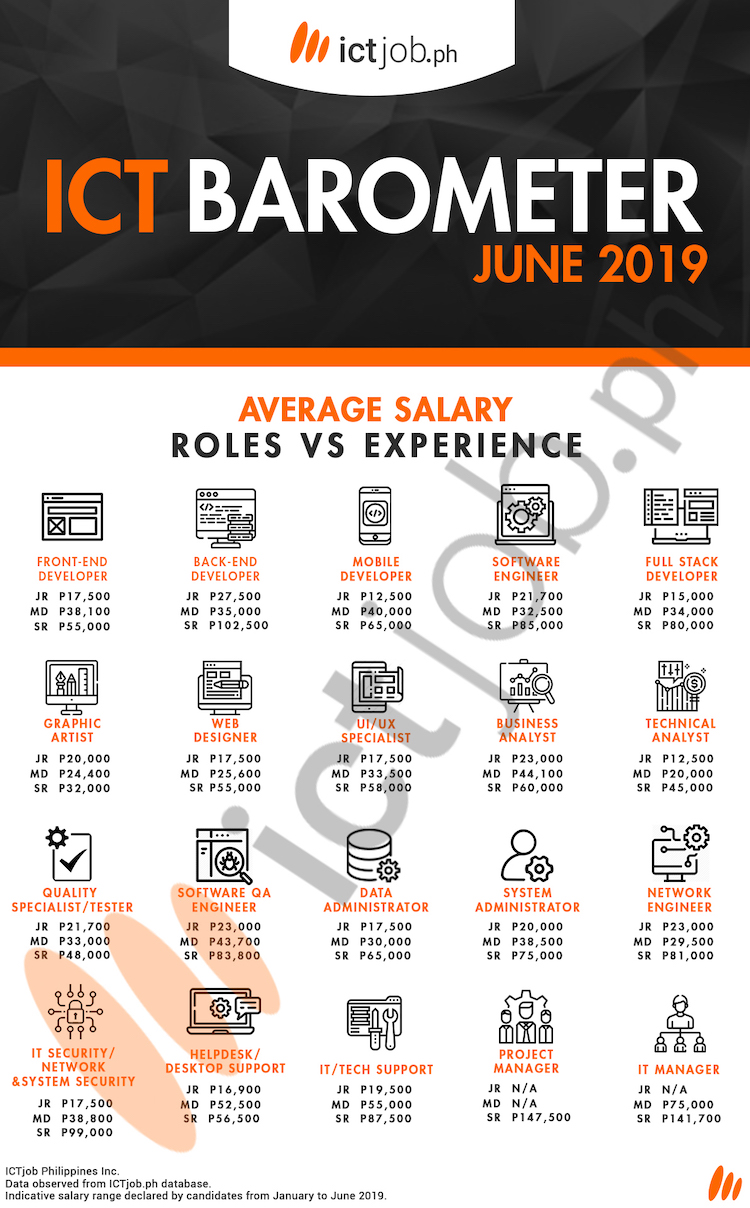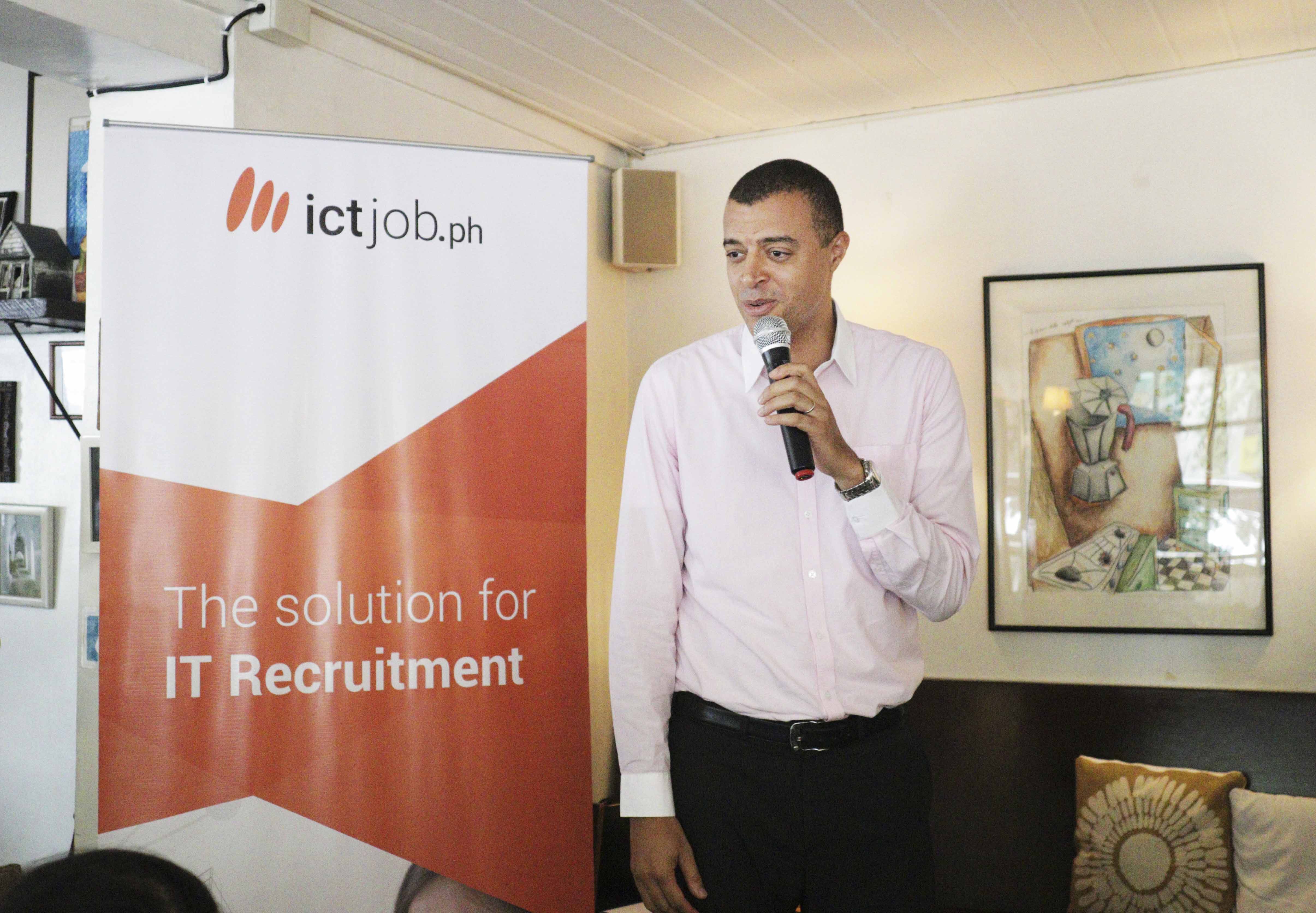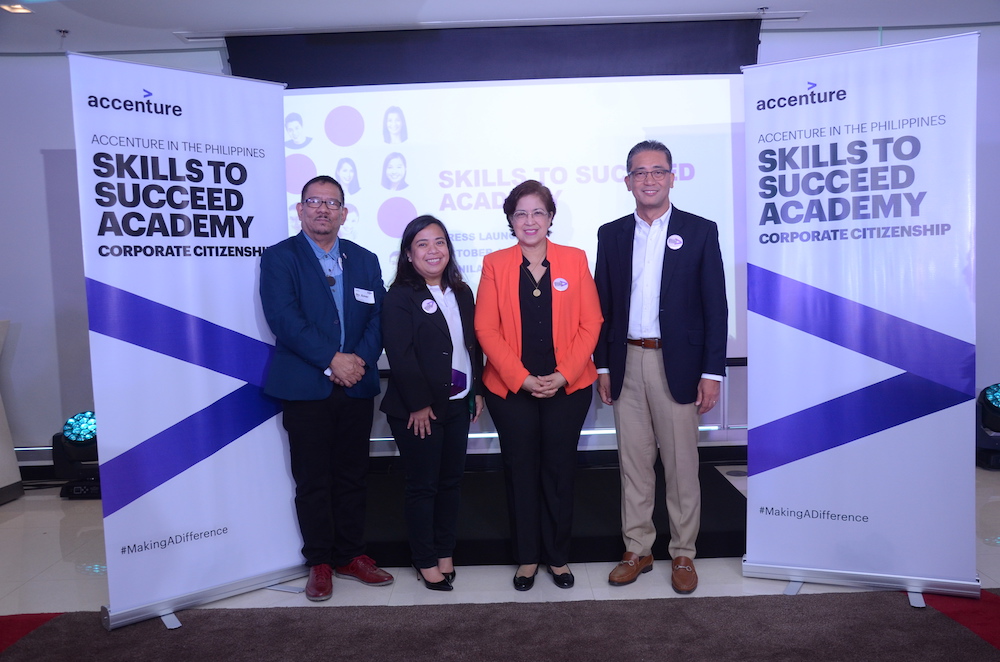Despite more than two thirds of Filipino graduates believing their very first job is the most important one they will ever hold, a whopping 42% end up quitting within 12 months.
The main reason they don’t stick around is a lack of professional development, with 72% saying this was their trigger. This is followed by a desire to earn more money (48%) and the need for more challenging work (32%).
This is according to new research by Monster.com , which surveyed 1,115 fresh graduates and employers in the Philippines to uncover insights, challenges and expectations around the recruitment process for young local talent.
The survey uncovered numerous mismatches between talent and employer expectations when it comes to the graduate job seeker experience, as well as important insights into what local employers are looking for on CVs, and the biggest mistakes young talent make during job interviews.
Fresh graduates in the Philippines say the biggest challenge in their first job was a lack of industry knowledge (41%), which set them off on the back foot. Although this might be expected due to having little experience, 32% said the second biggest challenge was issues with the boss, followed with 30% “not being prepared for work life”.
While this indicates an apparent lack of leadership support to help young talent transition into working life, a mismatched 80% of employers across the region believe they do provide sufficient support for fresh graduates to succeed.
However, employers were quick to note that young local talent may be expecting too much when it comes to money and compensation. Of the biggest interview mistakes made by fresh graduates, “focusing too much on money” came first for 26% of employers, followed by turning up late (24%) and not doing sufficient research on the company (21%).
Fifty-three per cent of employers also said any discussion around salary in the initial interview is “unprofessional”, as the focus should be on fit and getting a better understanding of the role and requirements.
“Money is obviously a key concern for fresh graduates, and this makes sense – they are finally embarking on their career journey and will be excited about earning their first full-time wage. But young talent would be smart to play down their salary hopes, and instead focus on what they can gain from experience in their first job. How can they contribute to the bigger picture, what skills can they learn, and what path might they have to grow?” said Sanjay Modi, Managing Director of Monster.com – APAC and Middle East.
“In the same breath, employers must be mindful of young talents’ keen desire for leadership support to upskill. Fresh graduates are aware that being given the opportunity to expand their responsibilities and competencies can lead to bigger and better-paying roles, which will help employers to retain and develop talent in the long-term.”
One of the best ways young talent can get ahead is through internship programmes; 54% of Filipino talent completed at least one internship before landing their first job, of which 70% said helped them gain first-hand knowledge and experience in their chosen career path.
Employers care about internships too, with 91% saying it is important for fresh graduates to have completed an internship in a relevant field. Yet interestingly, only 42% of employers currently offer an internship programme – although one quarter say they are planning to implement this in the next 12 months.
The survey also asked job seekers and employers about the biggest mistakes made during job interviews, and what hiring managers actually care about reading on a CV. Across the region, 67% of employers say they spend less than three minutes reading any given CV – 50% spend 1-3 minutes scanning it, while 17% will only glance at your resume for less than 60 seconds.
When considering a CV, employers care most about any experience a seeker might have that is relevant to the role (68%), followed by qualifications and education (58%) and ensuring the resume is well-written and easy to read (45%). Interestingly, they don’t care much about proper spelling and grammar (11%), links to your portfolio of work (8%) or any volunteer experience you might have (5%).
Filipino job seekers agree that the hardest part of writing a CV is the career summary (23%). When it comes to job interview mistakes, 51% of Filipinos say not asking questions is their biggest regret, followed by not doing enough research on the company (49%).











































































































